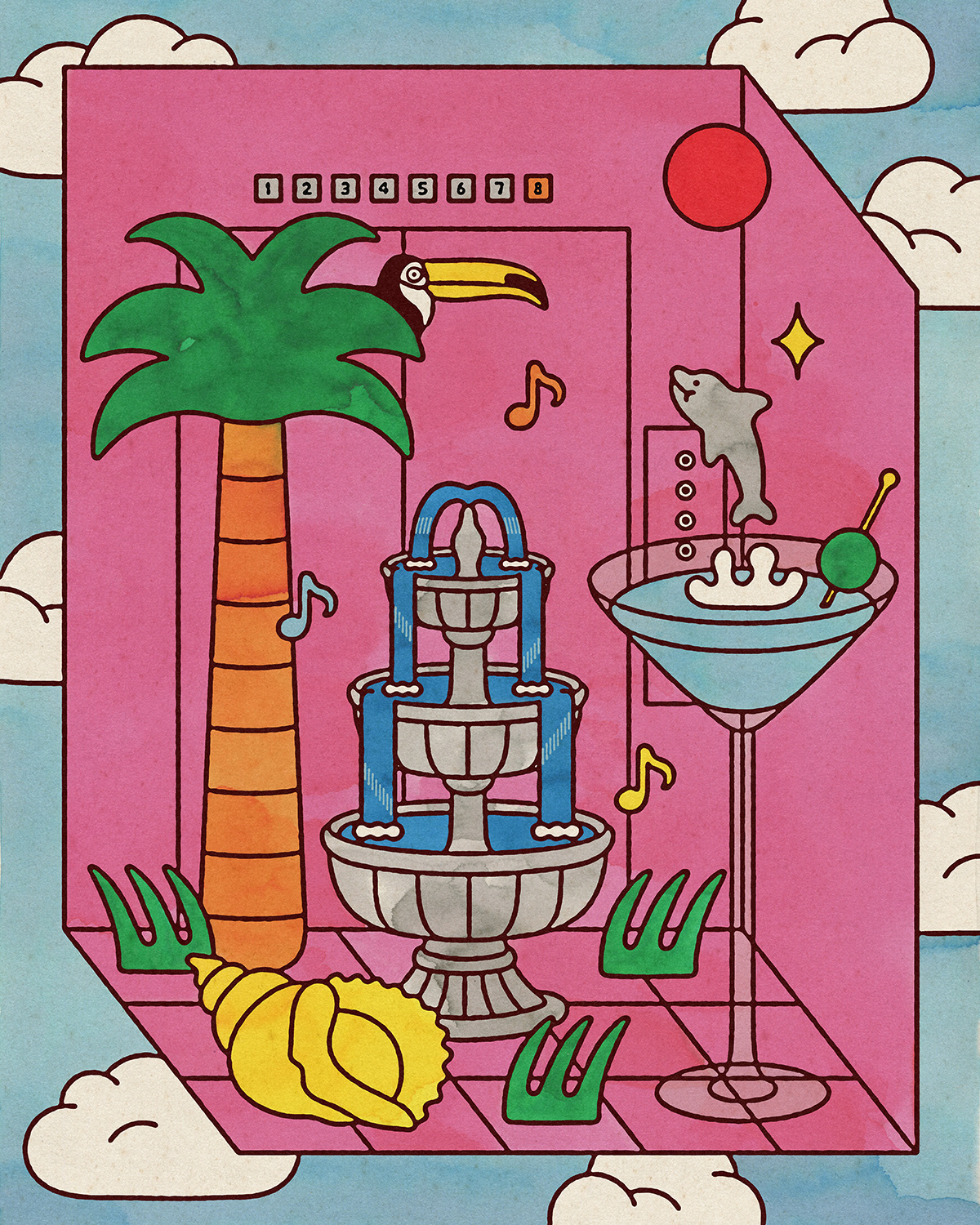LaBruce, who just wrapped up a feature-length parody porn movie set in the fashion industry, said in a phone interview that he was not surprised by the recent resurgence of negative attitudes toward porn. “The idea that porn is a male way of controlling women — that used to be the providence of the Christian right,” he said. “Now, the left and the right have kind of flipped.”
The anthropologist Gayle Rubin, who was on the “pro-sex” feminist side of the 1970s and ’80s “sex wars,” opposing calls for censorship, said by phone that pornography was “easy to pick on” because, historically, it had been marginalized socially and legally.
Five Movies to Watch This Winter
“You know in movies when you think the monster is dead, but it just keeps coming back?” she said. “These assumptions about porn just keep resurfacing, going back more than four decades.
“Many people just don’t think as rigorously about porn as they do other topics. Porn is a special case in how it’s treated intellectually, which is badly — even among philosophers and others who should know better,” Rubin said.
While the porn industry is not known for critical reflection, there are, however, events like the Berlin Porn Film Festival, an annual gathering that seeks to provide new perspectives on the genre — artistic, social and even philosophical. Paulita Pappel, a porn performer and director who is one of the event’s curators, said that porn was often “a mirror of wider problems in society.” She added that, “The more we scapegoat and stigmatize it, the less space there will be for porn to be diverse, and the less chance we have to change the bigger issues.”
When Lust screened her first feature-length movie, “The Intern,” to a sold-out audience at the festival in October, many in the audience — men, women and gender nonconforming people, mostly in their 20 and 30s — said that they came to see the film in search of an alternative to traditional porn.





















Discussion about this post